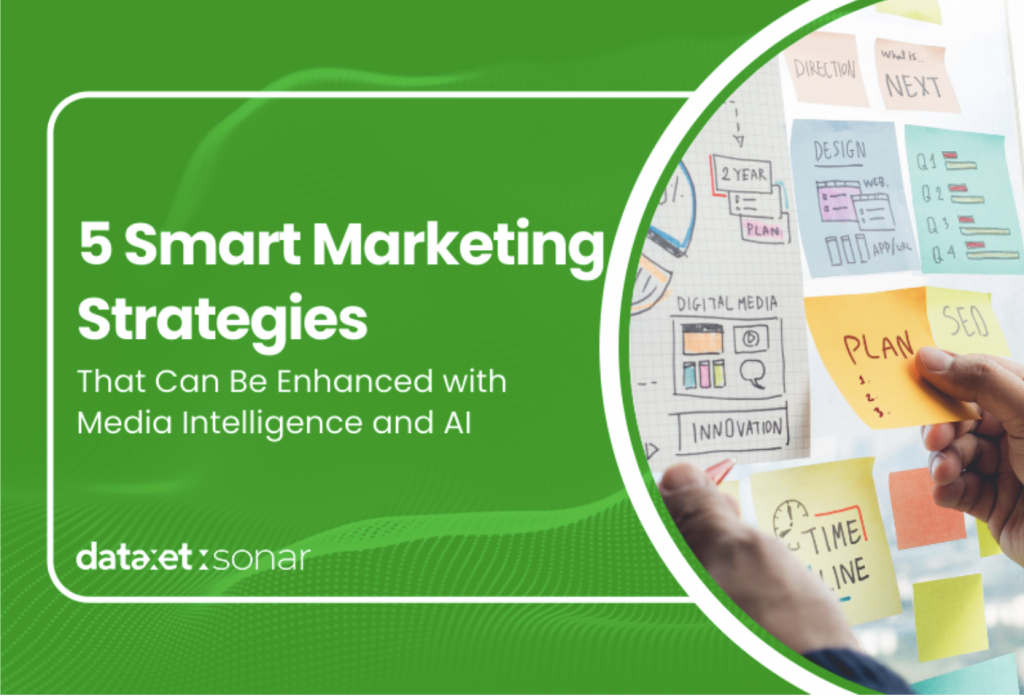You might wonder why we decided to share about Natural Language Processing these past few months—its definition, benefits, process, tasks, techniques, and common examples or use cases which we will be talking about here on our last episode of #NovemberNLP series.
Well, it’s because we want you as our audience to understand that we have long been exposed to NLP daily, most probably without even realizing it. So, we have put together some of the most common examples or use cases of NLP in our day-to-day lives.
1. Virtual Assistants
Alexa, Siri, Google Assistant, Cortana, and any other virtual assistants you interact with daily use NLP-based machine learning technology to decipher and process your voice request automatically. Using NLP algorithms, these assistants can adjust to each individual user’s needs and learn exactly what to do by assessing previous interactions, recalling queries, and connecting with other apps. It is predicted that NLP will continue to evolve in the future, seeing how NLP is now also widely used in home security systems, smart cars, LED lamps, etc.
2. Chatbots
Telkomsel’s Veronika, Toyota’s TARRA, and even the nostalgic SimSimi use NLP to simulate human conversation by interpreting data based on the text you input. Therefore, chatbots can understand and decipher the intention behind each sentence—this includes picking out the overall tone, emotion, and even identifying closely related topics or keywords—before responding to your queries accurately in no time. Since time is of the essence when it comes to customer services, chatbots are key if you want your customer service strategies to succeed.
3. Search engines
Each time you type keywords on search engines like Google Chrome, Mozilla Firefox, Opera, or Safari, NLP machine learning is what helps these engines understand the intent behind each word and suggest the most relevant topics or subjects in context. The results will gradually change from time to time according to what’s currently in trend—which is also why you might be surprised by the on-point accuracy of the suggested topics related to your initial query.
4. Predictive text
When you type something on Microsoft Word or your smartphone’s keyboard, NLP is always up and running to predict, auto-complete, and suggest the most grammatically correct word without the hassle of typing each letter one by one. Machines are—of course—faster than humans when it comes to identifying common words and names thanks to NLP.
5. Sentiment analysis
NLP is also used in sentiment analysis to categorize the nuance of sentences—positive, negative, or neutral—and monitor public’s overall sentiment in social media conversations regarding your brand or product. Sonar uses NLP to accurately detect which specific keywords related to your brand or product contain which nuance so you can make data-driven decisions accordingly to prevent future crisis.
For a personalized demo using your company’s keywords, don’t hesitate to reach us.






